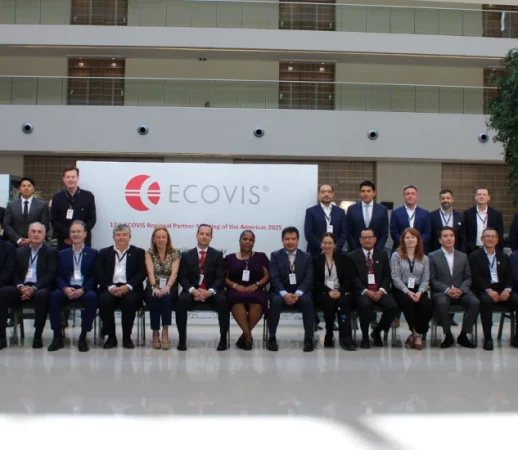
Tax reform Brazil: Alignment with International Standards
With the tax reform, the Brazilian government intends to introduce a new tax collection model. It is intended to support fiscal sustainability and alignment with global standards. The new system is scheduled to come into force in 2027. One of the most important changes is the introduction of the split payment model. The Ecovis experts explain what this means.
Brazil’s tax system is undergoing major changes set to take effect in 2026. The reforms mark a decisive step toward the modernisation of the country’s fiscal structure. Inspired by international best practices, the new system aims to foster a safer, more transparent, and more reliable business environment.
The split payment model
This mechanism involves the automatic separation of taxes – Imposto sobre Bens e Serviços (goods and services tax, IBS) and Contribuição sobre Bens e Serviços (contribution on goods and services, CBS) – at the moment of financial settlement. The amounts due are directed straight to government accounts, significantly reducing the risk of tax default and offering greater predictability in transactions, especially in B2B operations. However, it may also pose challenges to companies’ cash flow management.
By ensuring that taxes are collected in an automatic and transparent manner, split payment aims to streamline the collection system and reduce the bureaucratic burden businesses face. In practice, companies will operate in a more simplified tax environment, no longer needing to invest excessive time and financial resources in the calculation and payment of taxes, as is currently the case.
We support companies and international investors in developing legally compliant, effective strategies to adapt to the new rules.Mauricio Nucci, Partner Tax Department, Vaz de Almeida Advogados – Member of ECOVIS International, São Paulo, Brazil
The system will be enforced starting in 2027 and will apply exclusively to electronic payments, highlighting Brazil’s commitment to digitalisation and tax efficiency. Furthermore, the new legislation includes intelligent mechanisms to prevent double taxation and allow automatic compensations, minimising distortions and enhancing operational security.
New rules for tax credits
Another highlight is the new method for generating and appropriating tax credits. From now on, the credit assessment process will be integrated into the systems of the Tax Management Committee and the Federal Revenue Service, enabling instant credit validation and automation.
This restructuring aims to position Brazil more competitively among emerging markets by creating a tax environment that is more transparent, reliable, and less bureaucratic. It opens up new opportunities for foreign companies seeking to establish or expand their operations in the country, with better control over tax risks and improved medium- and long-term financial planning.
For further information please contact:
Mauricio Nucci, Partner Tax Department, Vaz de Almeida Advogados – Member of ECOVIS International, São Paulo, Brazil
mauricio.nucci@vazdealmeida.com
Larissa Moreira, Lawyer Tax Law Department, Vaz de Almeida Advogados – Member of ECOVIS International, São Paulo, Brazil
larissa.moreira@vazdealmeida.com




